The ritual is the same every August. Promoters for Zaxidfest, about an hour southwest of Lviv, Ukraine, dig into storage containers and haul out electrical generators, walkie-talkies and other equipment to put on the latest edition of the event, which has been held since 2009.
This summer will be different.
“All our storage goes to armed forces and refugees,” says Yakiv Matviychuk, the founder of the festival, which booked punk and metal bands like Cradle of Filth and Lacuna Coil in 2019 and drew 75,000 fans in a single day. “Unfortunately, I am not a soldier. So I help with donations. All people do what they can do the best.”
Many men on Zaxidfest’s staff have joined the military to repel the Russian forces who attacked the country on Feb. 24. They’re scattered throughout Ukraine, from Kyiv to Lutsk, “on the edge of this war,” Matviychuk, 37, says in a phone interview.
“In peaceful times, they are part of our team,” he says. “They are promoters, managers. And now they are soldiers. It’s absolute crazy.”
When Russia attacked, Matviychuk was vacationing in Sri Lanka. He wanted to return home “to fight these Nazi occupants,” he says, but wound up flying to the United Arab Emirates, then Jordan, before landing in neighboring Poland, where he is doing whatever he can to help.
Russia’s invasion, and Ukraine’s defense mobilization, have interrupted every aspect of the country’s musical culture. All Ukrainian festivals are canceled. Although Kazka singer Oleksandra Zaritska was able to perform her showcase at South by Southwest in Austin, Texas, last week, the other scheduled Ukrainian acts, such as singer-songwriter Igor Grohotsky, were not able to travel to the U.S.
Born in Russia, Matviychuk moved to Ukraine when he was 6. He grew up rebelling against Russia’s cultural dominance throughout his adopted country. Russian bands played festivals and local radio aired Russian music. He decided to promote Ukrainian bands.
Matviychuk had no experience putting on a festival, but slowly, he figured it out. To grow attendance and stay afloat financially, he added popular international groups – helping to build the country’s live-music infrastructure in the process.
Kyiv’s Atlas Weekend followed in 2015, opening annually with a free day, which drew 150,000 people in 2019. “It’s a very culturally engaged community and it’s a market that just seemed to be getting bigger and better,” says Colin Keenan, a Glasgow-based agent for Passenger, which was scheduled to play Zaxidfest in 2020 but rescheduled this summer due to Covid, then canceled due to the war.
“But culture needs to hold on until they can get their basic human rights back – which is, God, what an awful thought.”
Like Matviychuk, Vlad Yaremchuk, Atlas Festival’s 25-year-old booking manager, has pivoted from promoting Ukraine’s festivals to helping its defense effort. The festival has donated “basically everything we had in our warehouses” – Wi-Fi routers, fire extinguishers, toilet paper, raincoats, electric kettles – and is housing dislocated Kyiv university students in its offices.

Yaremchuk is using his passion for music and promotional skills for worldwide fund-raising efforts, including a 134-track drum ‘n’ bass compilation called Together with Ukraine, which, he says, has raised nearly $120,000 for the Ukrainian Red Cross Society.
“Everyone already gave anything they could, and everyone is working 24/7 to get stuff from abroad,” says Yaremchuk, who lives in Lviv. “Everything that everyone has, they donate, and they are always looking to give more.”
Andrii Kaplun, who co-founded Ukraine’s Impulsefest in 2008, is living in heavily bombed Kharkiv. “We are trying to do everything we can,” he says, “informing our followers on social media about important things – [like] raising money for the armed forces of Ukraine or humanitarian aid, options for evacuating civilians from Kharkiv.”
Over the past decade – coinciding with Russia’s annexation of the Crimea Peninsula from Ukraine in 2014 – the country has become a more prominent destination for international music acts. The Black Eyed Peas and The Chainsmokers performed at Atlas Weekend in 2019.
“A lot of these festivals, I’ve always thought of them as expressions of freedom,” says Vito Valentinetti, an American who attends Eastern European music festivals as co-founder and editor-in-chief of Music Festival Wizard. “During Communist times, and even when they’ve become democracies, you just didn’t have these modern-day music festivals. Sometimes just gathering together is this act of protest and expression of freedom.”
In Ukraine, music-festival culture has trickled down to smaller scenes throughout the country. Vlad Lahoda’s indie-rock duo Tember Blanche formed out of a Kyiv busker scene last year. Zaxidfest’s Matviychuk met the band last December and arranged a festival slot and helped schedule eight other concerts for them throughout Ukraine.
“But then the war happened,” says Lahoda, 24, who lives in the Kyiv region. He has been working at his animation job and recording and posting new songs, including one supporting the country’s defense effort that translates to “You’re Alive.”
Before the invasion, Ukraine’s music business had been rapidly developing, says Grohotsky in an email interview in Ukrainian. Now it has abruptly shut off due to experiences like his own.
At 5 a.m. on the morning of Feb. 24, Grohotsky woke up to rocket explosions, loaded his backpack and, in a five-hour journey through traffic jams, traveled from Kyiv to a shelter near his parents’ home.
“In any part of Ukraine, you do not understand where you are in danger, and where the next explosion of a bomb or missile may be,” Grohotsky says.
From Poland, Matviychuk has spent the last few weeks fielding calls and emails of support from artists, agents and other international music industry colleagues who represent his previous life: Once a concert promoter, now a defender of his home country in the war against Russia.
“They said, ‘Man, when you aren’t in war, we will come to Zaxidfest for free, and we will make big, amazing show for the Ukrainian people, for these brave people,’” Matviychuk says of his music industry contacts. “I hope there will be [a] time that we will do this.”
[flexi-common-toolbar] [flexi-form class=”flexi_form_style” title=”Submit to Flexi” name=”my_form” ajax=”true”][flexi-form-tag type=”post_title” class=”fl-input” title=”Title” value=”” required=”true”][flexi-form-tag type=”category” title=”Select category”][flexi-form-tag type=”tag” title=”Insert tag”][flexi-form-tag type=”article” class=”fl-textarea” title=”Description” ][flexi-form-tag type=”file” title=”Select file” required=”true”][flexi-form-tag type=”submit” name=”submit” value=”Submit Now”] [/flexi-form]
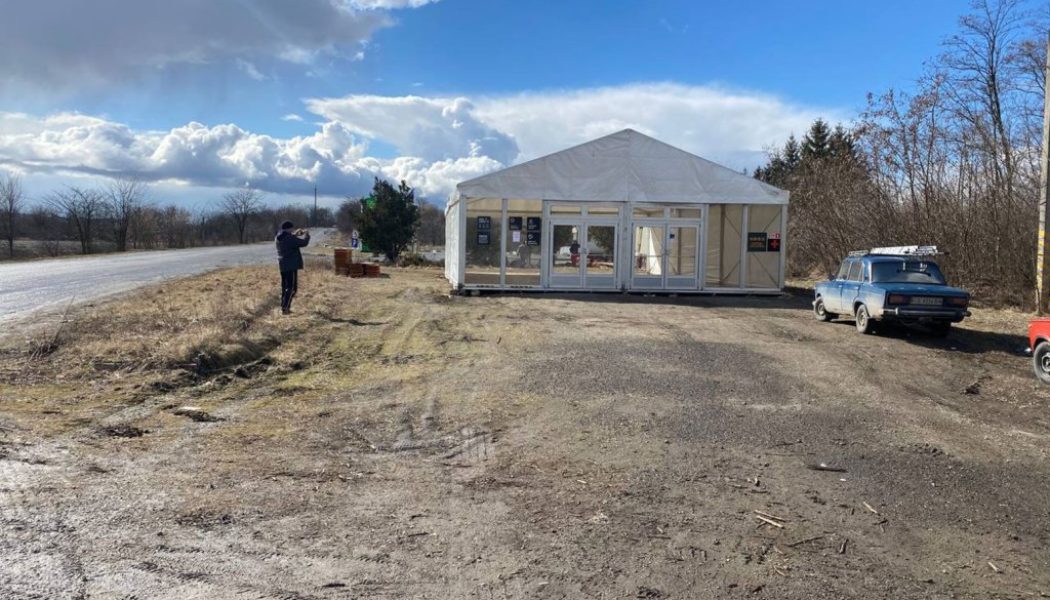
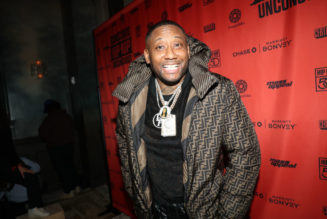
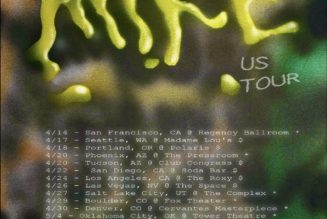
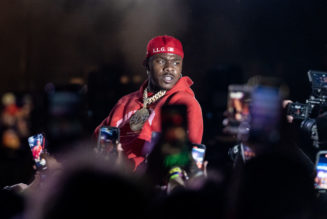

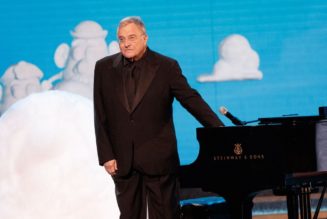
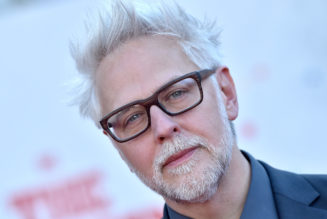


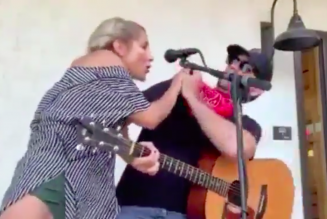
Tagged: entertainment blog, International, music, music blog, Music News, Russia Ukraine Conflict, Ukraine